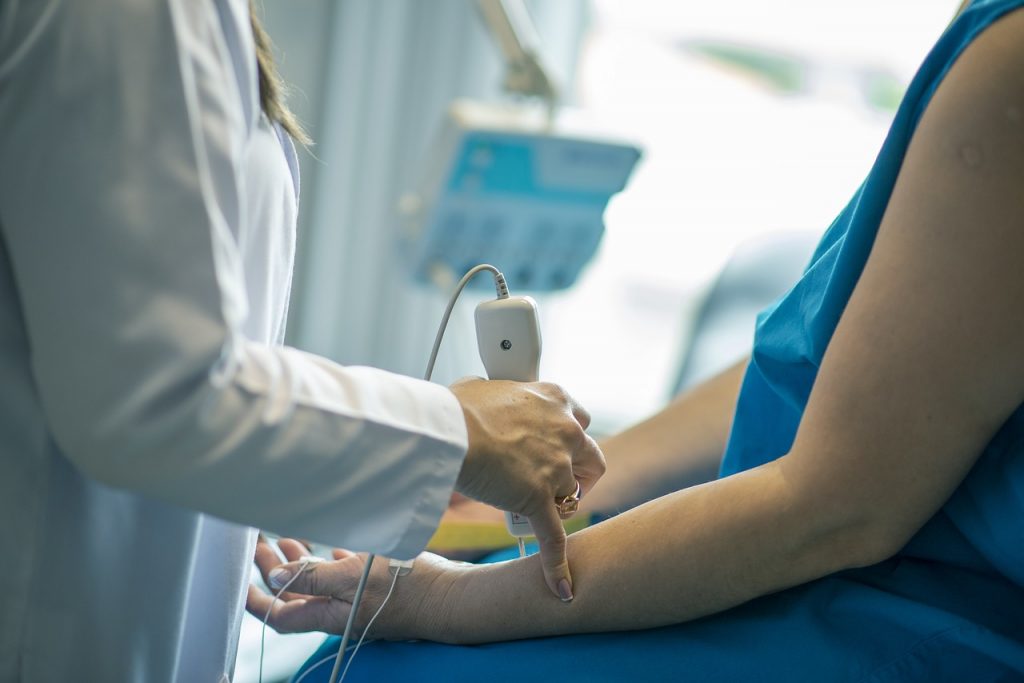A cancer diagnosis is emotional and shocking news. This moment can completely transform your life as you prepare to fight this disease. You might not know what to do once you leave your diagnostic appointment, which can make the transition even more difficult.
Fortunately, you can make this news a little easier by connecting with your doctor, leaning on your support system, and caring for yourself. This guide will provide some tangible steps to take after you’re diagnosed with cancer.
Acknowledge your emotions
Before you take any steps, allow yourself to feel and process your emotions. You might experience shock, confusion, sadness, or anger. Remember that whatever you’re feeling is valid, and you have the right to express it. Share these feelings with trusted friends and family members who can provide the support you need. Surrounding yourself with loved ones can help keep feelings of loneliness away and give you added reassurance. Remember that the first days or weeks may be difficult, but you will work through the initial shock of the diagnosis.
Learn your options
Once you cope with the news, you’ll need to talk to your doctor about treatment. This conversation can be comforting and offer clarity during this confusing time. Depending on your type of cancer, they may recommend surgery, chemotherapy, radiation, or immunotherapy. Your doctor could also recommend a combination of treatments, as well as groundbreaking clinical trials. You might start to feel more hope and confidence once you know what the road ahead will look like.
Manage the logistics
While a cancer diagnosis certainly takes emotional work, you will need to take care of the logistical side of treatment. This could mean discussing payment with your health insurance company and making arrangements with your employer. Some people sell their life insurance policies through viatical settlements to provide additional financial support. It can be overwhelming, but you want to ensure that your family is protected no matter the outcome.
Seek support
As you start treatment, build a strong support network. Remember that you don’t have to face this time alone, and it’s OK to ask for help. Tell your family and friends how they can be there for you. You might want someone to attend your chemotherapy treatments with you or schedule weekly lunch dates. Online and in-person support groups can also be a healing resource, providing much-needed empathy. You might find these through your cancer treatment provider or a religious group. Seeking and accepting support can give you the emotional strength you need to stay strong during your treatment.
Find hobbies you enjoy
You might be tired during your cancer treatment, but try to find ways to engage your body and mind. For example, you might take up knitting, journaling, or painting during treatment. Some communities have exercise groups and yoga classes just for those experiencing cancer, as well as survivors. Having activities to look forward to can be a much-needed motivation during this difficult time. Once you complete treatment and join a network of survivors, you can use these activities to offer support to others.
While a cancer diagnosis can be shocking and upsetting, you can find ways to cope and move forward. Building a strong network, finding enriching activities, and communicating with your doctor can support your needs while you fight the disease. Once you overcome cancer and are living as a survivor, you can tell those affected by cancer what coping mechanisms worked for you. And paying it forward can be the most enriching experience of all.









